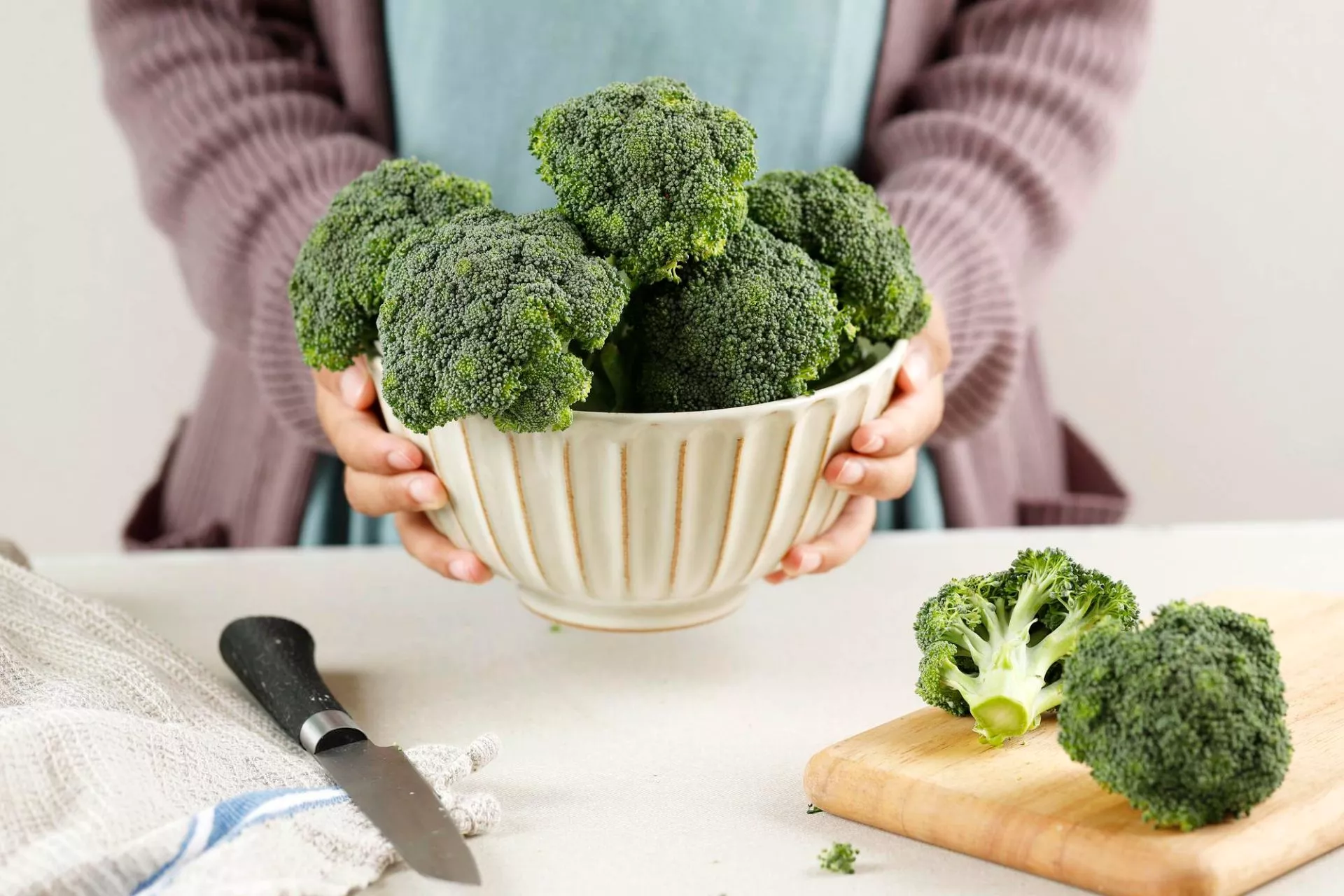- Cabbages and Kings! Well, let's just say that the cruciferous family, including kale and cauliflower is worthy of a royal banquet. If it's nutrition you are after, then cabbage is very high in both vitamin C and K. It is a great vegetable as it can be easily incorporated into many different meals and its flavour does not overwhelm. Cabbage is also excellent raw and is great with just a little light dressing.
- Butternut Squash or any of the winter squash make such a pleasant change from our typical armoury of winter veggies. They are very easy to source, and all have those unique earthy, buttery and sweet tones that make for some very satisfying meals throughout the cold season. All these gourds contain a very healthy dose of carotenoids, potassium and the all-important Vitamin A!
- Radicchio is one of those intensely bitter and spicy vegetables that can often divide the room. It is a chicory family member and, if dressed in a mixed salad, provides a real punch. It has a wonderful appearance and contains plenty of good things, including magnesium, potassium and Vitamins C and K!
- The good old cauliflower is in fact, a flowering cruciferous similar to broccoli. Forget about Cauliflower Cheese but try a cauliflower steak for something exciting and different. The fabulous earthy favours are also enhanced with the health benefits of phytonutrients, Vitamin B and plenty of fibre.
- The Turnip is sometimes overlooked but should be used more often. In a well-seasoned turnip mash or in a cheesy gratin, this vegetable is not just beneficial to our nutritional needs but very flavoursome too. It is high in folates and glucosamines too!
- Leeks are lovely at this time of year and, with their mild exquisite flavour, should incorporated into our winter recipes and menus more often. They contain an anti-inflammatory plant compound that can benefit the eyes, skin and immune system.
- Rutabagas that look a little bit like a turnip are an often overlooked and neglected winter cruciferous root veggie. These peak in flavour when the weather drops and also contain potassium which is good for maintaining blood pressure.
- Broccoli is another winter vegetable that benefits from the cold weather by becoming naturally sweeter and tastier. It has been described as one of the 'Wonder Foods' as it contains vitamins and antioxidants that are proven to help fight cancer and other types of inflammation.
- One of the classics, Swiss Chard has a mild sweet flavour and is very low in calories. This once allotment favourite has really made a comeback in recent years and for very good reason.
- Carrots are best when grown in soil, and a very good way to see this is that if they are grown in the traditional manner they will have beautiful long pointed ends. Other more commercial ways of growing produce a blunt rounded end. They are packed with flavour and adequate amounts of Vitamin A and minerals.
- A Brussel sprout, as they say, is not just for Christmas! Quite right too, these tiny cruciferous veggies look like micro-cabbages close up and pack a punch on the nutritional front too.
- Collard Greens are part of the same family as kale and cabbage. This is a very important element in Southern cooking in the U.S. They are a wonderful broad green leafy vegetable that is high in calcium, vitamin C and K.
- Parsnips are one of those classic root vegetables that roast very well and taste great next to other similar vegetables. They are also a great component of Thai curries. They are a great source of vitamins C, B. and E.
- Kale has a beautiful broad leafy structure that can be cultivated throughout the year but is best in the winter. It is a great alternative to cabbage and has a distinct flavour profile. This is super healthy and contains vitamins A, K, B6 and C!
- The radish has such an excellent reddish colour and, for just this reason alone can make a winter salad something extraordinary. The absolute bonus is that they also benefit supplying us with vitamins B and C.
15 Winter Vegetables That Are Seriously Good for You
There is something almost magical about the taste of certain winter crops and in particular root vegetables that cannot be found in their summer equivalents. This is for good reason as certain winter vegetables store a higher amount of natural sugars and thus taste even better in the colder months. It is another reason to embrace winter cooking and the ingredients that make this so special.

 15 Simple Dinner Ideas for Healthy Eating in Real Life
15 Simple Dinner Ideas for Healthy Eating in Real Life Traditional South American Foods
Traditional South American FoodsLatest articles

Your Inner Chef with Taylor Swift's Top 3 Recipes from Her Beloved NYC Hangout

20 Mouthwatering Recipes You Need to Try Today!

Master the Art of Making Perfect Pancakes with This Foolproof Recipe

The Science Behind Red Wine: Its Surprising Health Benefits and Potential Risks
